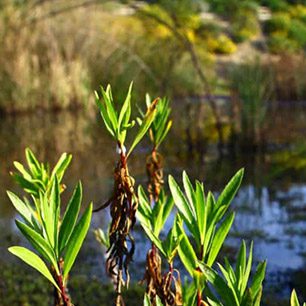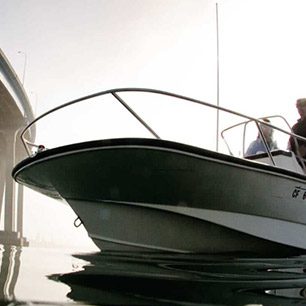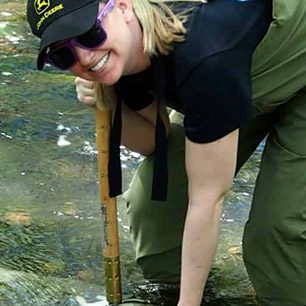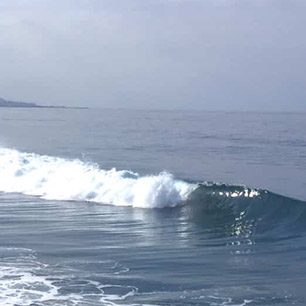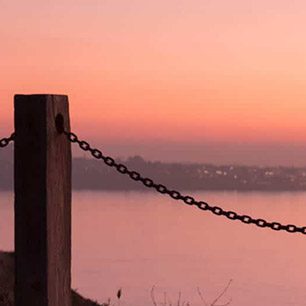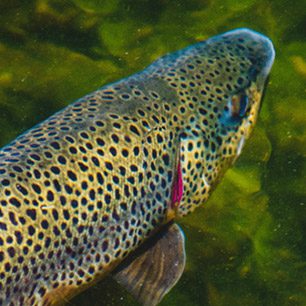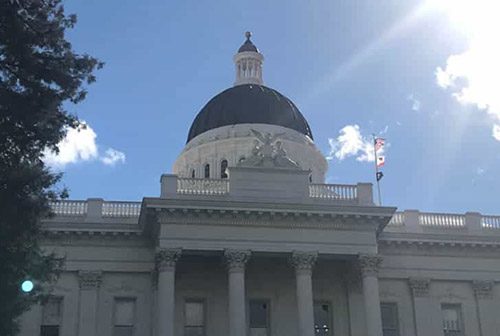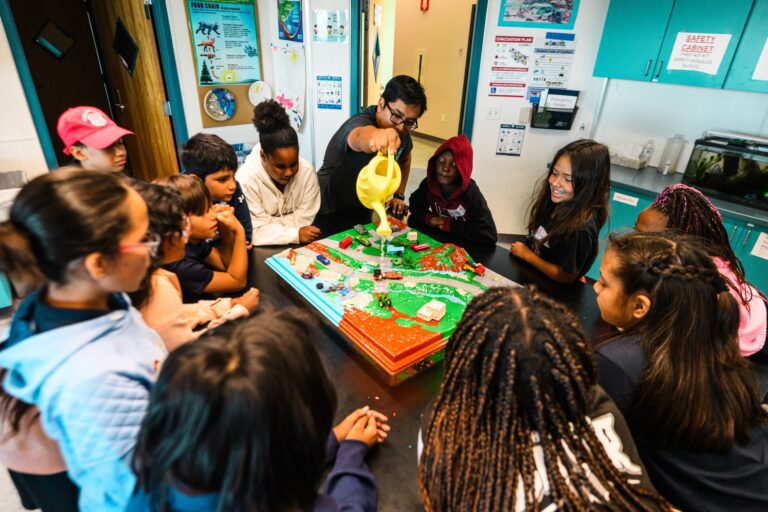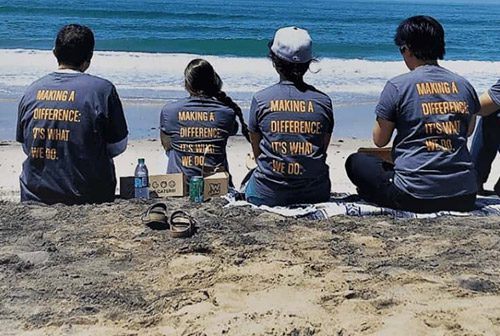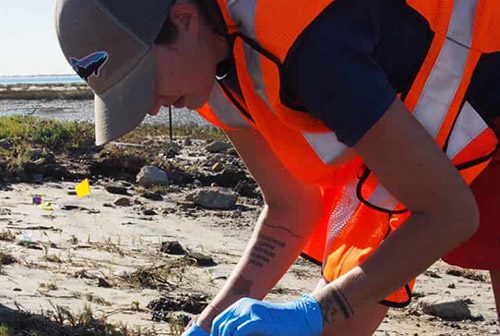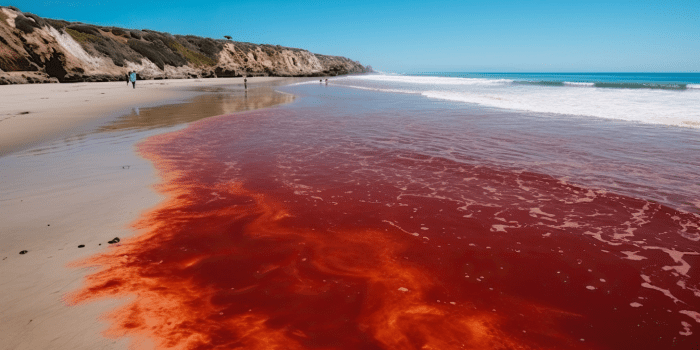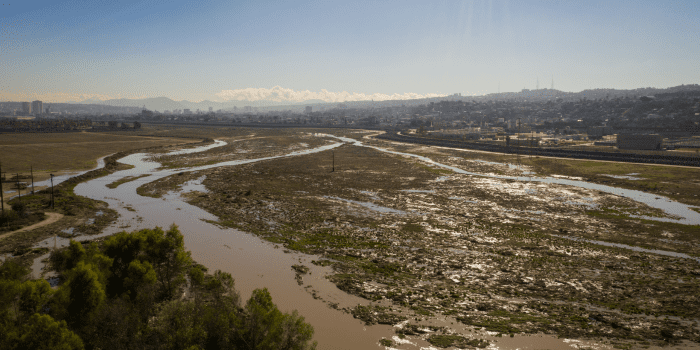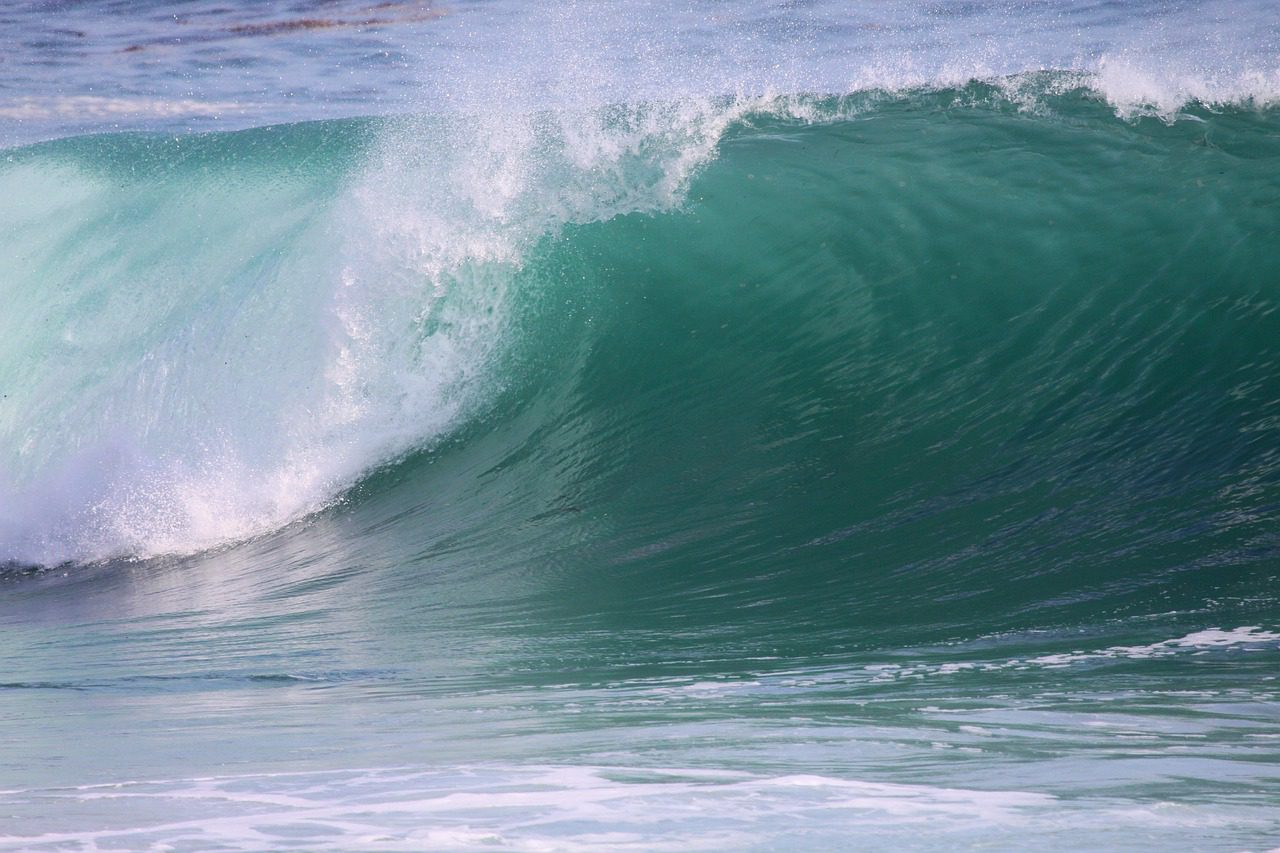

Having grown up in Montana, tending to our extensive vegetable and flower gardens was the after school or work and weekend responsibility of each and every member of my family. Willingly or begrudgingly, taking care of what surrounded and sustained us was expected and unquestioned.
I truly believe this is why, as odd as it may seem to some, that even now, nearly a decade after leaving Montanaʼs rich black soil for life in downtown San Diego, I still sometimes want nothing more than to vacuum my apartment and water my houseplants as soon as I get home from work, even when the couch is calling. These are the small acts of stewardship that now keep me connected to my immediate environment. It is as if by vacuuming the floor or pulling weeds from our new garden bed, I am saying to the space around me, “I am yours, you are mine, we take care of one another.” The act of caring for something is what makes that thing your own.


They may not always feel like grand, romantic gestures of love and devotion, but they count.
Thatʼs the thing: Picking up someone elseʼs cigarette butt or discarded plastic water bottle off a beach is not glamorous. Scrambling down a riverbank littered with forgotten refuse beneath an overpass to take a water sample from a polluted urban stream is not the way many of us would visualize our perfect Saturday morning. But these are acts of devotion that express our gratitude for what we have.
Coastkeeper is committed to protecting our water resources for all of us, but I am consistently amazed and grateful when I see just how 

For more information about SMARTS Farm, please visit http://humanesmarts.org/farm/.

